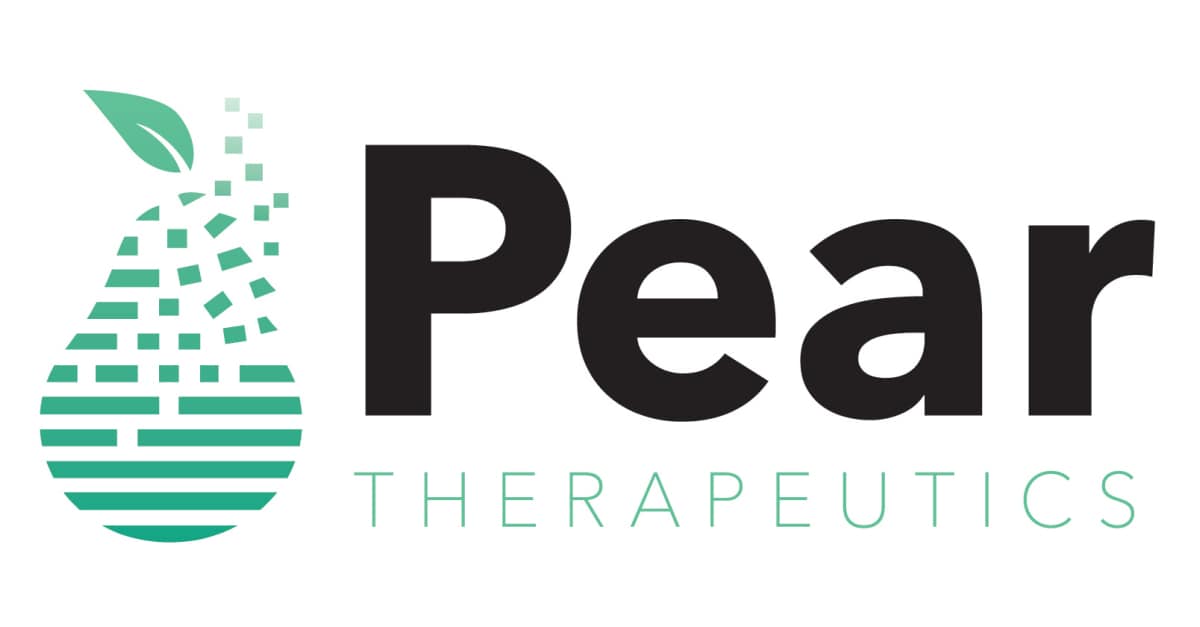
Patients with insomnia and depression could soon be prescribed Somryst, a ‘digital therapeutic’ to treat their conditions – potentially in place of medicines.
Pear Therapeutics is a pioneer of so-called digital therapeutics, having gained the first ever such approval from the FDA in 2017, for its treatment for patients with Substance Use Disorder (SUD).
It then followed this up with the approval in December 2018, of reSET-O, for the treatment of Opioid Use Disorder, which it co-markets with Novartis subsidiary Sandoz.
Its Prescription Digital Therapeutics (PDTs) are app-based programmes which use cognitive behavioural therapy (CBT) to help patients with their conditions.
The company yesterday announced that it had filed Somryst with the FDA, and is the first product filed via a new designated Software Pre-certification Pilot Program, aimed at making the approval process clearer and faster for the emerging field.
In the case of the new insomnia and depression therapeutic, CBT is provided in conjunction with a sleep restriction algorithm.
Like a drug filing with the FDA, Pear Therapeutics is backing up its submission with substantial clinical data, its two randomised controlled clinical trials involving more than 1,400 patients.
Depression is a commonly co-occurring condition with insomnia, and around 1,100 of those involved in the trial had diagnosed depression.
In the nine week study, the treatment arm received the investigational PDT, and the comparator arm received an attention-matched digital placebo along with usual care. Results were measured at baseline, at nine weeks, and post-treatment at six months, 12 months, and 18 months.
At the end of a 9-week treatment course adults randomised to the investigational PDT showed a reduction in mean Insomnia Severity Index (ISI) score to 7.27, from baseline of mean 15.92, while the control patients of showed a reduction in ISI score to a mean of 13.17, from a baseline of mean 16.23 (LS Mean Differences of -5.90, (95% CI, -6.68, -5.11); p < 0.0001).
Patients using Somryst also saw a reduction in depression severity, as measured by the Patient Health Questionnaire 9 (PHQ9), to a mean score of 3.78, from a baseline mean of 8.03, while control patients showed reduction to a mean PHQ9 score of 6.20, from a mean of 7.84 at baseline (LS Mean Differences -2.42, (95% CI, -3.01, -1.83); p < 0.0001).
A big question is of course how long-lasting the benefits of the therapy will be. The study found that the majority of patients using the PDT treatment no longer met criteria for insomnia or depression at the end of the 9-week treatment, and the company says clinical improvements “persisted to 18 months” following the initial 9-week treatment course.
US payers will be interested to see if benefits can last longer than this 18 month period – and indeed if the therapy is a cost effective alternative to conventional sleeping pills and depression medication.
The company should see its acceptance from clinicians boosted by the fact that cognitive behavioural therapy for insomnia (CBTi) is the guideline recommended first-line treatment for people with chronic insomnia. However most patients do not receive or have access to the therapy – something which an approved digital app could transform.
“One in three adults suffer from symptoms of insomnia in a given week and more than 30 million adults have chronic insomnia. Chronic insomnia can have an impact on quality of life – and can put people at risk long-term for depression, hypertension, and even heart attack,” said Dr. Charles M. Morin, PhD, professor of psychology, director Sleep Research Centre at Université Laval in Quebec City.
“Most adults with insomnia receive medication intended for short-term use or struggle with insomnia without receiving effective, lasting treatment. Somryst could facilitate patient access to CBTi treatment with appropriate clinical oversight and management from clinicians.”
Pear Therapeutics says the study also showed improvements in anxiety symptoms (as measured by the General Anxiety Disorder 7-item (GAD-7) scale), with a treatment arm mean of 3.16 compared to Control arm mean of 4.99, (LS Mean Differences -1.83, (95% CI, -2.41, -1.25); p<0.0001), and suicidal ideation (as measured by the Psychiatric Symptom Frequency Scale), with a treatment arm mean of 0.51 compared to control arm mean of 0.80, (LS Mean Differences -0.29, (95% CI, -0.53, -0.06), p = 0.0147)4. Results of the study were published in Lancet Psychiatry.
Pear Therapeutics isn’t the only company active in the field: in January this year, Otsuka announced a deal with Click Therapeutics to develop a similar CBT-based app for the treatment of major depressive disorder (MMD).




